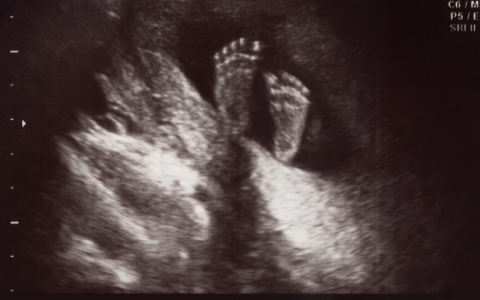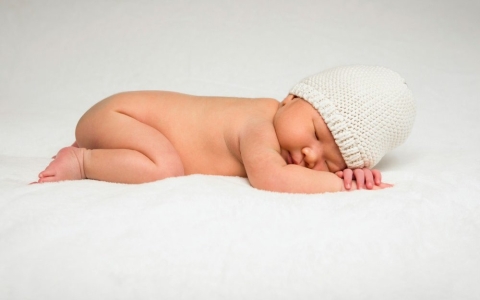What is Uterine Fibroid? Can it be cured? Analysis of Uterine Fibroids Treatment and Dietary Considerations

Uterine fibroids, also known as Uterine Leiomyomas, are a common gynecological issue that affects the lives and health of many women. Uterine fibroids are a manifestation of endometriosis, where endometrial tissue is present within the uterine muscle layer, leading to painful menstruation and blood clots.
If the size of the fibroid tumors exceeds 8 centimeters and the CA-125 (a specific tumor marker) value surpasses 60, it may adversely affect the implantation of fertilized eggs. In such cases, a recommended approach is a three-month treatment with long-acting pituitary suppressants to curb the activity of uterine fibroids before considering embryo implantation through in vitro fertilization (IVF).
There are two primary approaches to addressing uterine fibroids:
- Pregnancy:Hormonal changes during pregnancy may gradually alleviate the condition.
- Surgery:In cases of severe lesions, the removal of the uterus may be considered as a treatment option.
What are Uterine Fibroids?
Uterine fibroids are benign uterine tumors that typically grow within the uterine wall, composed of smooth muscle cells and fibrous tissue. These tumors can vary in size and quantity, sometimes leading to health issues.
Symptoms of Fibroids
- Uterine fibroids can lead to various symptoms, including:
- Irregular menstruation
- Severe menstrual pain
- Pelvic pain
- Frequent urination
- Compressive symptoms, such as abdominal bloating
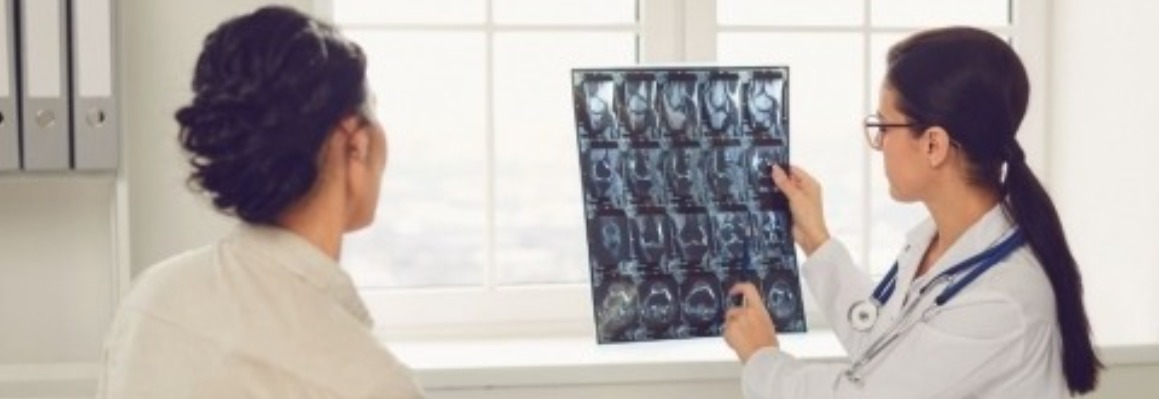
Possible Causes of Fibroids
The exact causes of fibroids remain unclear, but several theories suggest influences such as hormones, genetics, and ethnic background.
Treatment Methods for Fibroids
Treatment options for fibroids include:
- Medication: Symptom management through drugs, such as pain relief during menstruation.
- Surgical Treatment: Surgery is often the choice for removing tumors or the uterus itself, which can be open surgery or laparoscopic surgery.
- Interventional Procedures: These include uterine artery embolization, which closes off blood vessels to reduce blood supply to the tumors.
Impact on Fertility
Fibroids may negatively impact fertility. They can interfere with the implantation of fertilized eggs, increase the risk of miscarriage, or disrupt proper embryo development. However, not all women with fibroids will be equally affected, and in some cases, successful pregnancy is still possible.
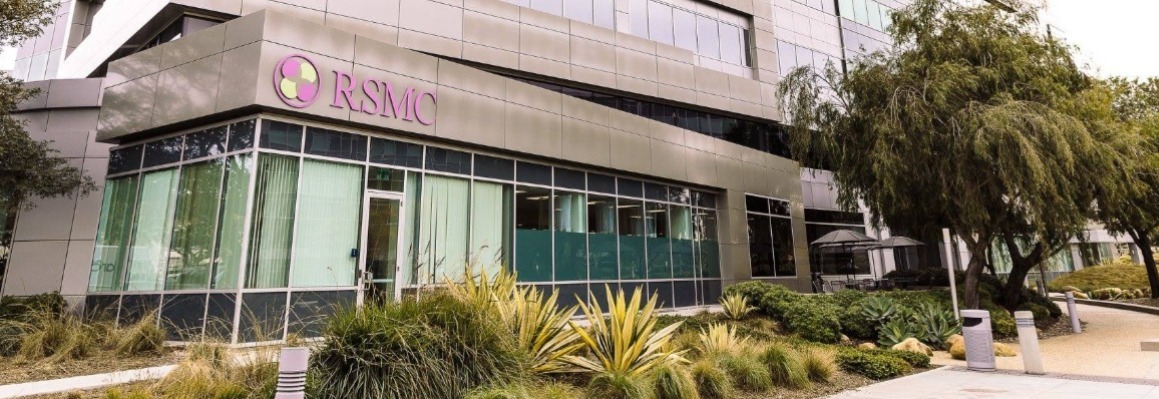
Can Uterine Fibroids Be Addressed with IVF?
Uterine fibroids typically do not directly affect the in vitro fertilization (IVF) process. In IVF, eggs are collected from the ovaries, fertilized with sperm in the laboratory, and embryos are implanted in the uterus. Even with the presence of fibroids, embryos can still be successfully implanted in the uterus, allowing for pregnancy. However, in certain situations where the location or size of fibroids significantly compress or interfere with the uterus, surgical removal of the fibroids may be considered to increase the chances of IVF success.
Many states in the United States allow for legal commercial surrogacy. If, after a medical evaluation, it is determined that you are not a suitable candidate for embryo transfer even after treating uterine fibroids, you may consider surrogacy.
In summary, uterine fibroids are a common gynecological issue with multiple treatment options to address the various symptoms and impacts they may have. When dealing with uterine fibroids, it is advisable to consult a healthcare professional to determine the most suitable treatment plan and discuss the possibility of pregnancy. Additionally, maintaining a healthy diet and lifestyle can help manage fibroid symptoms and promote women's overall health.
For more information on the process and costs, as well as customized solutions, and to book a free video consultation with Dr.Ho, please contact us.Line/WeChat: rsmctw , Whatsapp: +1 858-342-6046
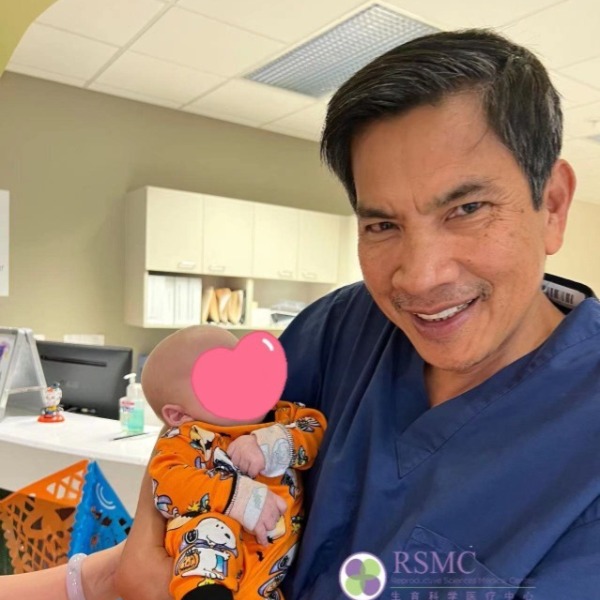
DR. MINH N. HO
Reproductive Endocrinologist and OB/ GYN in RSMC
Dr. Minh N. Ho, M.D., F.A.C.O.G, is board-certified in Reproductive Endocrinology, Infertility, and OB/GYN of the Coastal Fertility Medical Center. He graduated from medical school more than 30 years ago and has since been demonstrating his skills through practice. Dr. Minh N. Ho is very proficient in treating patients of all backgrounds but specializes in treating patients of Asian descent. His well-known practice and accredited expertise culminated the opportunity for him to provide treatment to elite clientele, including authoritative government officials and high-end celebrities in Vietnam. The majority of his patients travel from China and Vietnam to the United States to receive his infertility treatment, surrogacy and egg donation guidance at the leading full-service IVF medical center, RSMC. Dr. Ho is frequently credited for helping women of all ages with his expertise in advanced maternal age and women’s health.
About Dr.HoOther
-
2025/03/13others
Can Vitiligo Be Cured With Reproductive Technology?
-
2025/02/24others
What are the reasons behind failed blastocyst culture?
-
2024/11/20others
A Must-Read for Expectant Mothers: All About Down Syndrome Screening!


